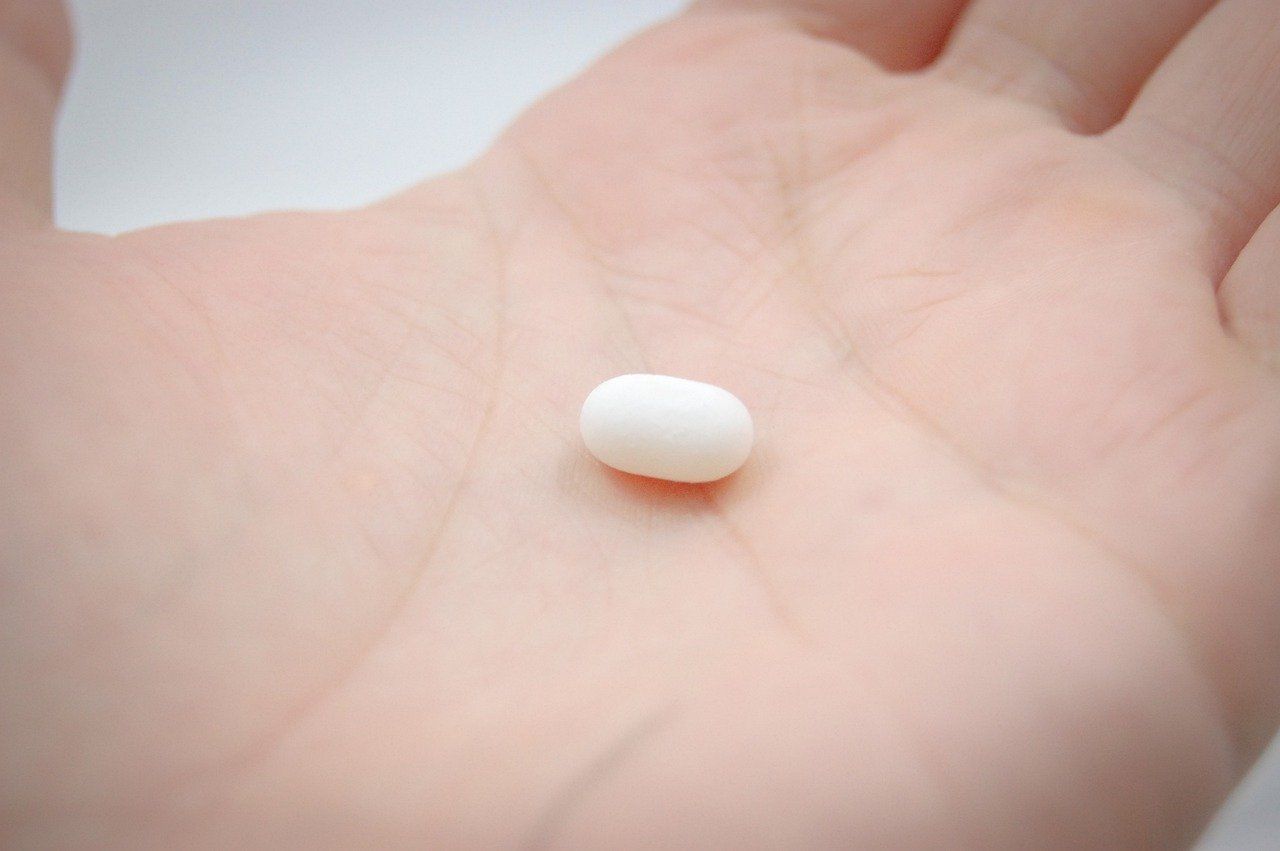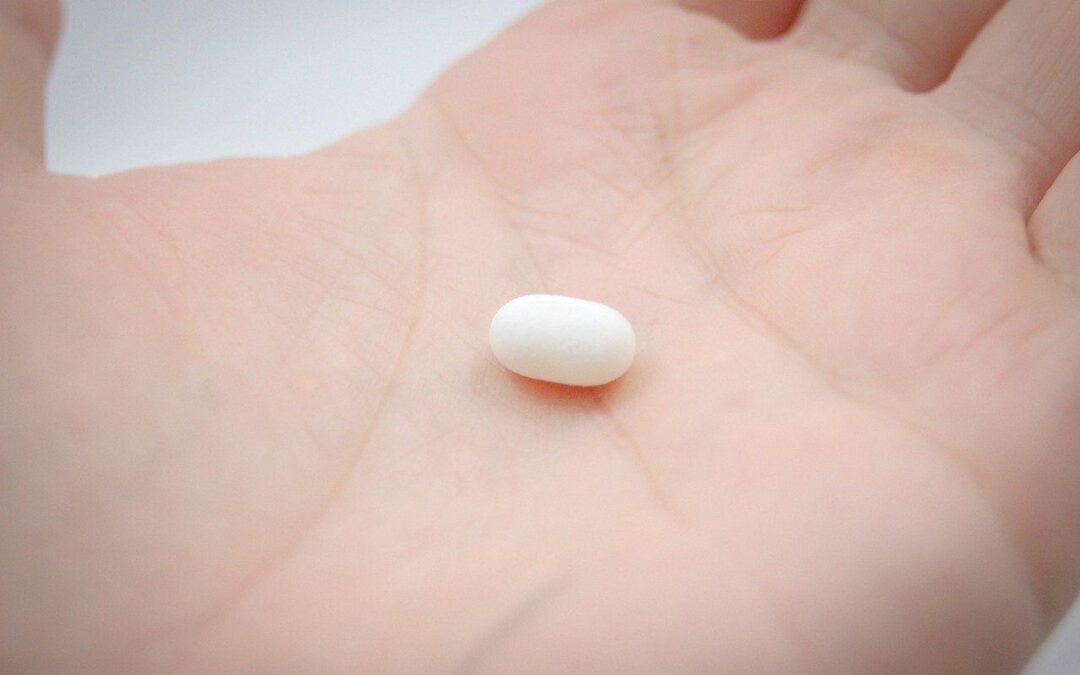
Every year, 25 million women are forced to undergo unsafe abortions and 25,000 die from the procedure. The reason can be anything from laws that prohibit or make abortions more difficult to the women's lack of access to the right care.
Now researchers at the Karolinska Institutet and the University of Cape Town in South Africa have investigated whether telemedicine in combination with medical abortions can provide women in resource-poor areas with safe abortions.
The women had to fill in a form on the web, received information and instructions for the abortion via text message and took the abortion drugs at home. The researchers then compared the group with another group that received usual care and underwent an ultrasound examination. It turned out that the women who only received help via telemedicine had just as good and safe treatment results as the women who received standard care.
"It was interesting that most women in both groups expressed that they preferred the telemedicine option. The care model can be particularly important in resource-poor areas with a lack of healthcare infrastructure or restrictive abortion laws. The woman can, for example, be examined at a clinic that does not have access to ultrasound and then receive guidance for the abortion remotely," says Margit Endler, researcher at Karolinska Institutet and one of the researchers behind the trial, in a press release.
To be on the safe side, a simple examination of the participants in the study was carried out at a clinic. But since the trial turned out so well, the researchers now intend to go further and see if it is possible to completely exclude the physical visit to the clinic for those who have a low risk of complications.





